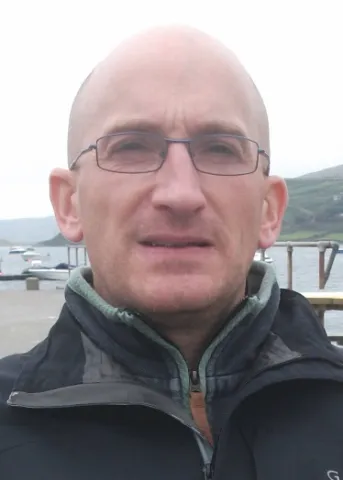Research project
Impacts of climate change on the health and functioning of invasive and native bivalves - will it lead to increased competition - Solan - BES
-
Lead researchers:
-
Other researchers:
-
Research funder:British Ecological Society
-
Status:Not active

